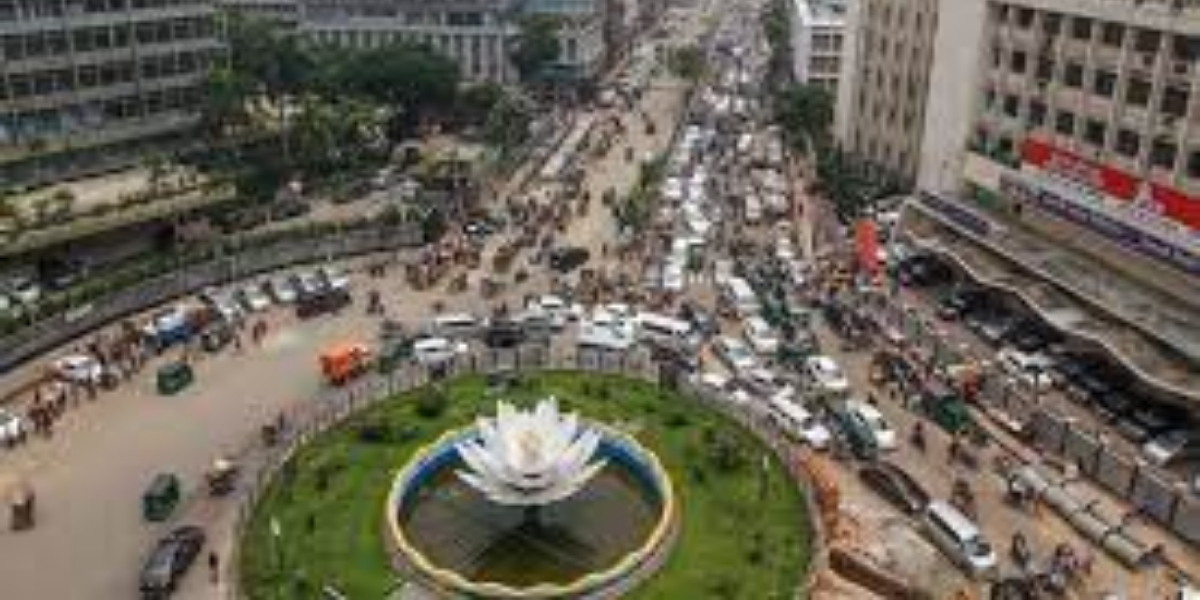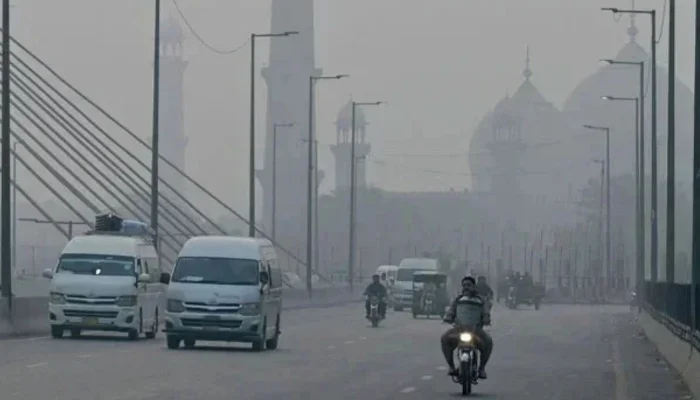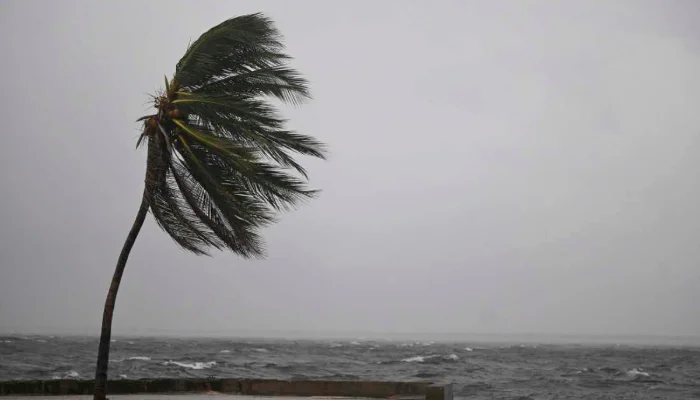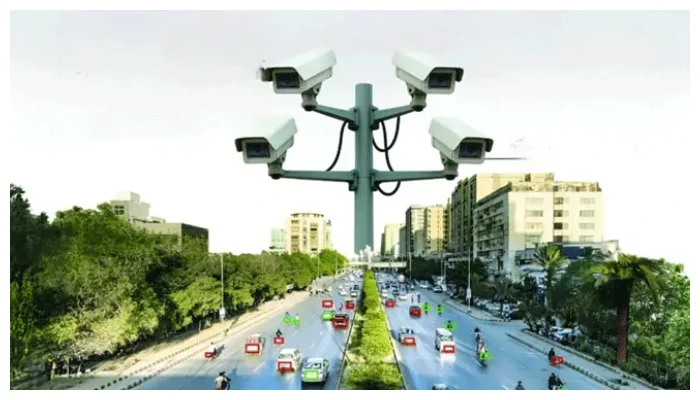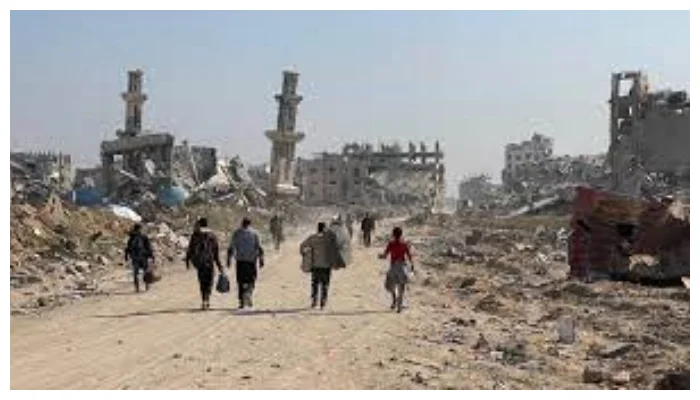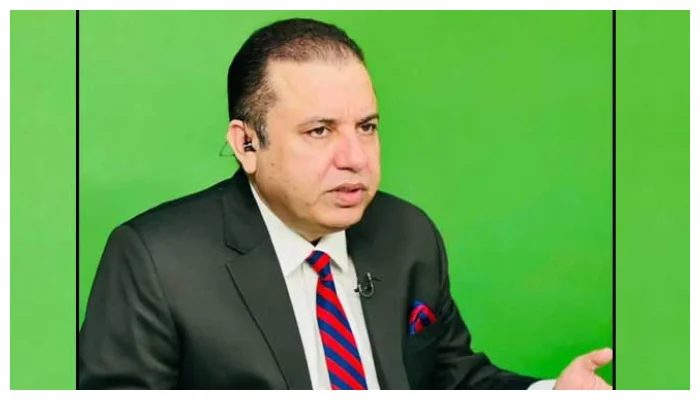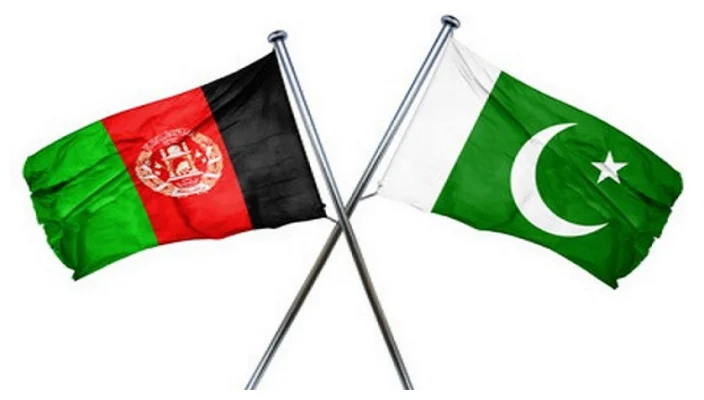On Friday morning, the typically congested streets of Bangladesh’s capital witnessed less traffic, but millions of people were on the move at bus terminals, train stations, and river ports.
After the annual migration was halted for two years owing to the COVID-19 epidemic, Dhaka residents are returning to their hometowns to celebrate Eid with their relatives in rural this year.
According to the sighting of the new moon, Eid al-Fitr, which celebrates the conclusion of the Islamic holy fasting month of Ramadan, will be celebrated in Bangladesh on or around May 3.
“I’m going to Grandpa’s house to celebrate Eid,” Sabikun Nahar remarked as he boarded a crowded train with his family in Dhaka’s downtown Kamalapur Railway Station.
Tumpa Traveler Moni stated that many people have been unable to return home in the previous two years owing to the epidemic, but that beginning last weekend, the station has seen a surge of people returning home.
“It’s a huge thrill for me to be able to go home among this throng,” Moni added.
When there are no more seats available inside, some passengers are forced to sit on the train’s roofs.
Naeem, a traveller, stated he couldn’t put his sentiments into words. “Eid with family is a unique experience. We’re all in good spirits. We’ll all get together to celebrate Eid.”
According to an expert from Bangladesh University of Engineering and Technology’s Accident Research Institute, the Eid travel rush of millions of home-bound individuals might have an influence on Bangladesh’s overall transportation infrastructure.
“We discovered that 11.5 million people left Dhaka for Eid in 2019, but that number dropped to just 6 million during the epidemic,” said Professor Md Hadiuzzaman, the institute’s head, adding that the figure will be quadrupled this time.
“In the four days leading up to Eid, 3 million people may leave Dhaka every day,” he warned.
Trains, buses, and ferries, according to the expert, can convey 1.3-1.4 million passengers every day. “As a result, no transit system exists for the remaining 1.6 million people,” he continued.
Bangladeshi Railways Minister Nurul Islam Sujan said earlier this month that 92 intercity trains will be operated under a special arrangement and that there would be no weekly break for train services for seven days before Eid.
In addition, officials have taken the required preparations to ensure that travellers are inconvenienced as little as possible during the peak season.
Obaidul Quader, Bangladesh’s Minister of Road Transport and Bridges, declared that roads and highways across Bangladesh are in better shape than they have ever been for the Eid holiday traffic surge.
He said that because the road condition in Bangladesh is better, they have resolved certain usual challenges for Eid passengers in various spots along mega highways in the northern portion of the nation.

